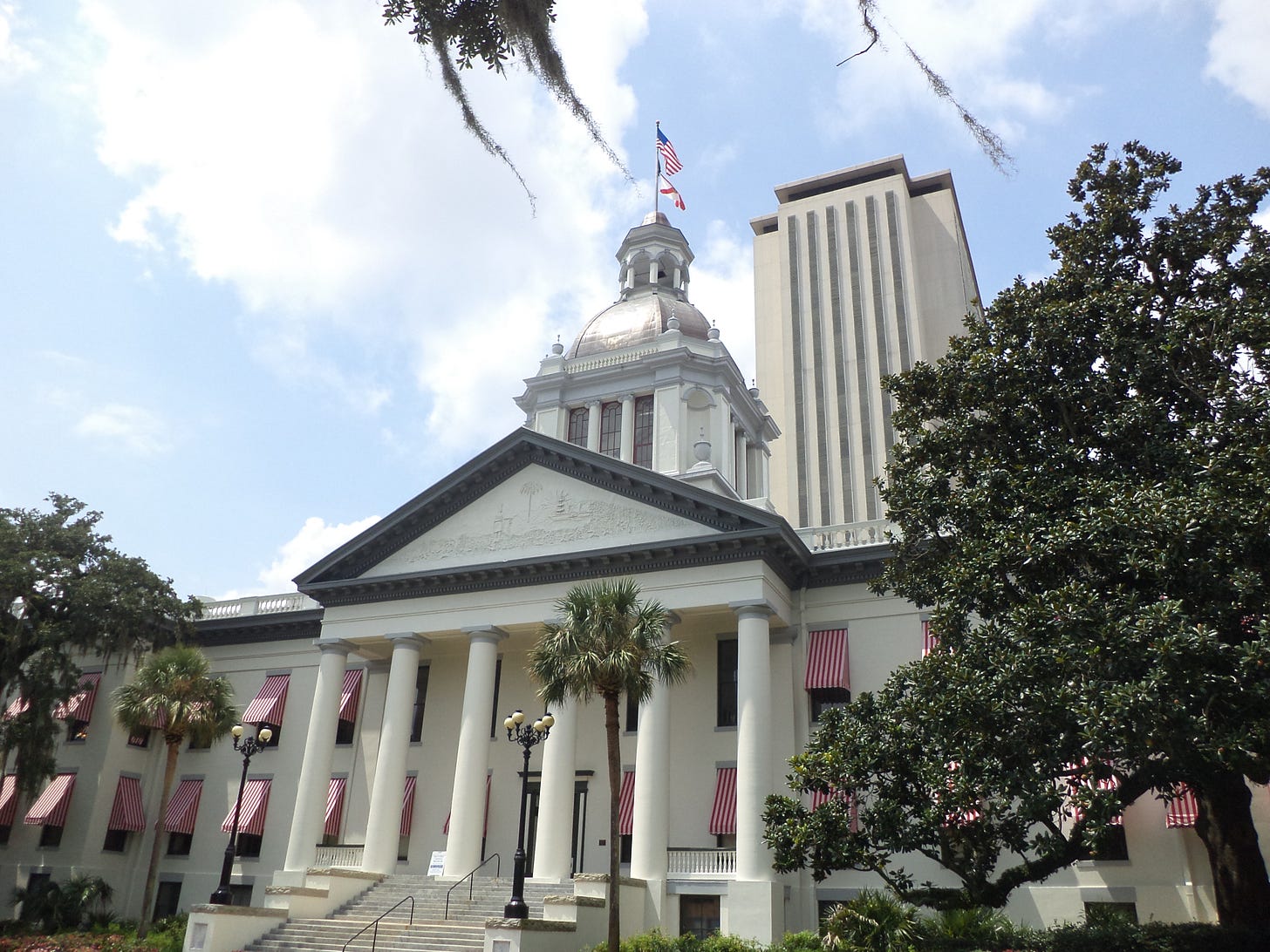State laws will not always trump the No Surprises Act
CMS says Florida can enforce some NSA disputes, but not all states may be able to do so.

A recent article suggested that states that already have their own version of the No Surprises Act will be able to use their state law to resolve disputes rather than the federal law that went into effect on January 1. While this could be the case in some states, it is not guaranteed that it will expand to all states.
The State of Florida and the Centers for Medicare and Medicaid Services recently announced that healthcare providers and payors in that state will be using the state’s independent dispute resolution process for some aspects of No Surprises Act’s (NSA) arbitration process.
Sections explicitly excluded from Florida’s enforcement include many HMO claims, Hospital Inpatient and Outpatient claims below certain thresholds, air ambulances, and others. Those will fall under the federal NSA procedures.
It is clear from the CMS letter that this decision affects only the State of Florida and seems to have been sent after the CMS reviewed the Florida Office of Insurance Regulation and state laws at Florida’s request. There is not yet an Independent Dispute Resolution (IDR) process set up by the federal government and this is probably one of the main reasons Florida sought enforcement ability from the federal government.
The Department of Health and Human Services (DHHS) is the subject of multiple lawsuits, in part because of the lack of an IDR process when the law was implemented. The IDR process is necessary for the NSA to work because it is the only way to settle disputes for out of network payments. The CMS likely agreed to allow Florida to enforce some parts of the NSA because it takes the burden off the federal government and will help keep disputes from piling up until a federal IDR process is created.
Even though the dispute methodology in Florida differs slightly the NSA, the CMS seems to believe that it is compatible with the federal law. If this is the case, it could signal a difference of opinion between the CMS and the DHHS, the latter of which has effectively eliminated two of the original goals of the NSA., including the ability for providers to point to Medicare rates and billed charges during the dispute process. Florida’s process allows doctors to point to “usual and customary” charges.
It is important to remember that just because Florida has been approved to enforce some aspects of the NSA, not all states who have their own arbitration process will also be approved. Florida worked with the CMS to determine that some disputes could be enforced by Florida law. Other states that have their own versions of the NSA may not seek similar recognition from the CMS or their processes may not compatible with the NSA or the Interim Final Rule (IFR). In California and Maryland, the arbitration process is based off a percentage of Medicare rates. The IFR clearly states that Medicare rates cannot be referenced during the arbitration process.
In short: Even if a state has its own dispute resolution process for payors and providers, the state law may not always apply. Florida is a unique example because they seemed to have worked with the federal government to determine that their laws and processes are compatible with the No Surprises Act. Other states may or may not seek such recognition and their laws may or may not be as compatible.


